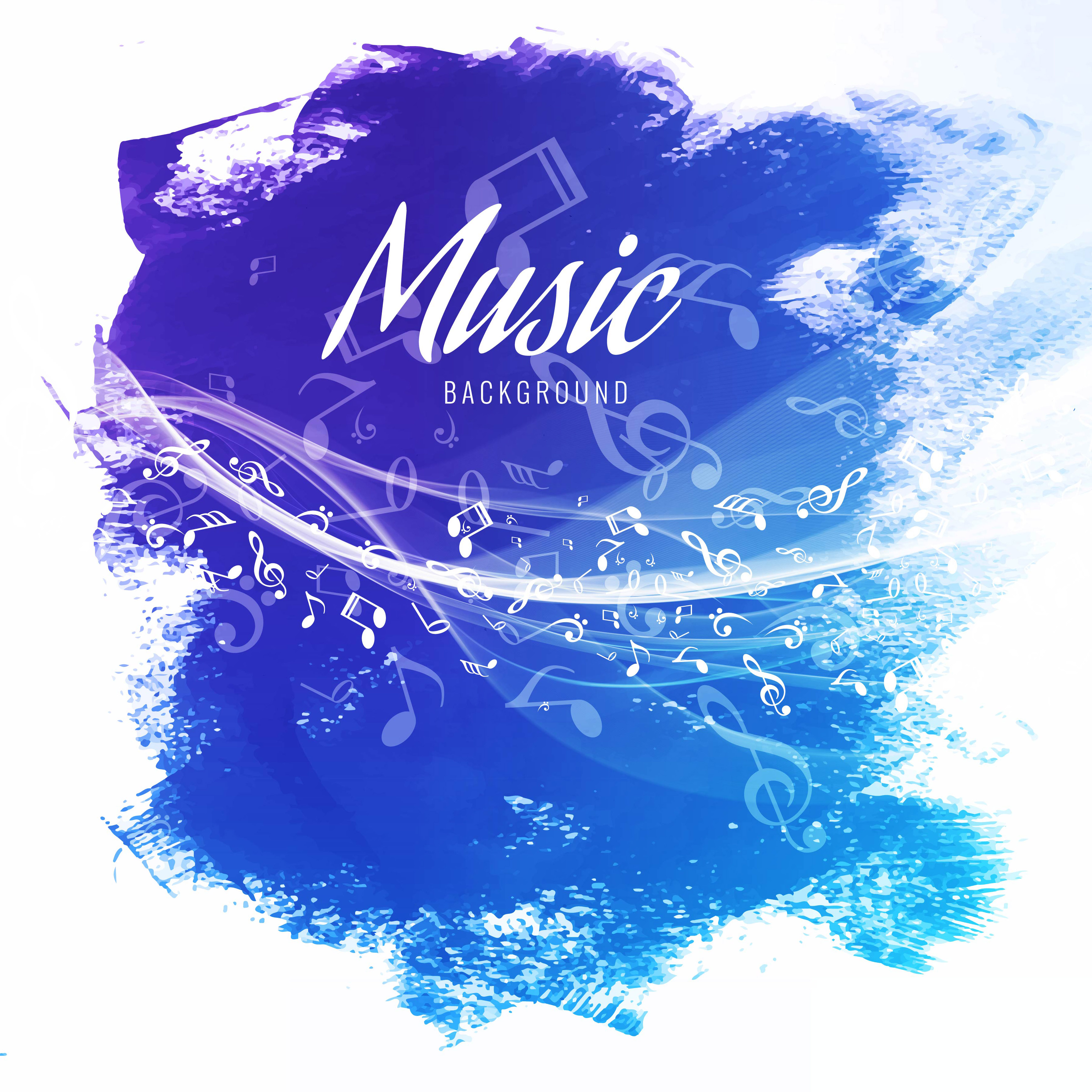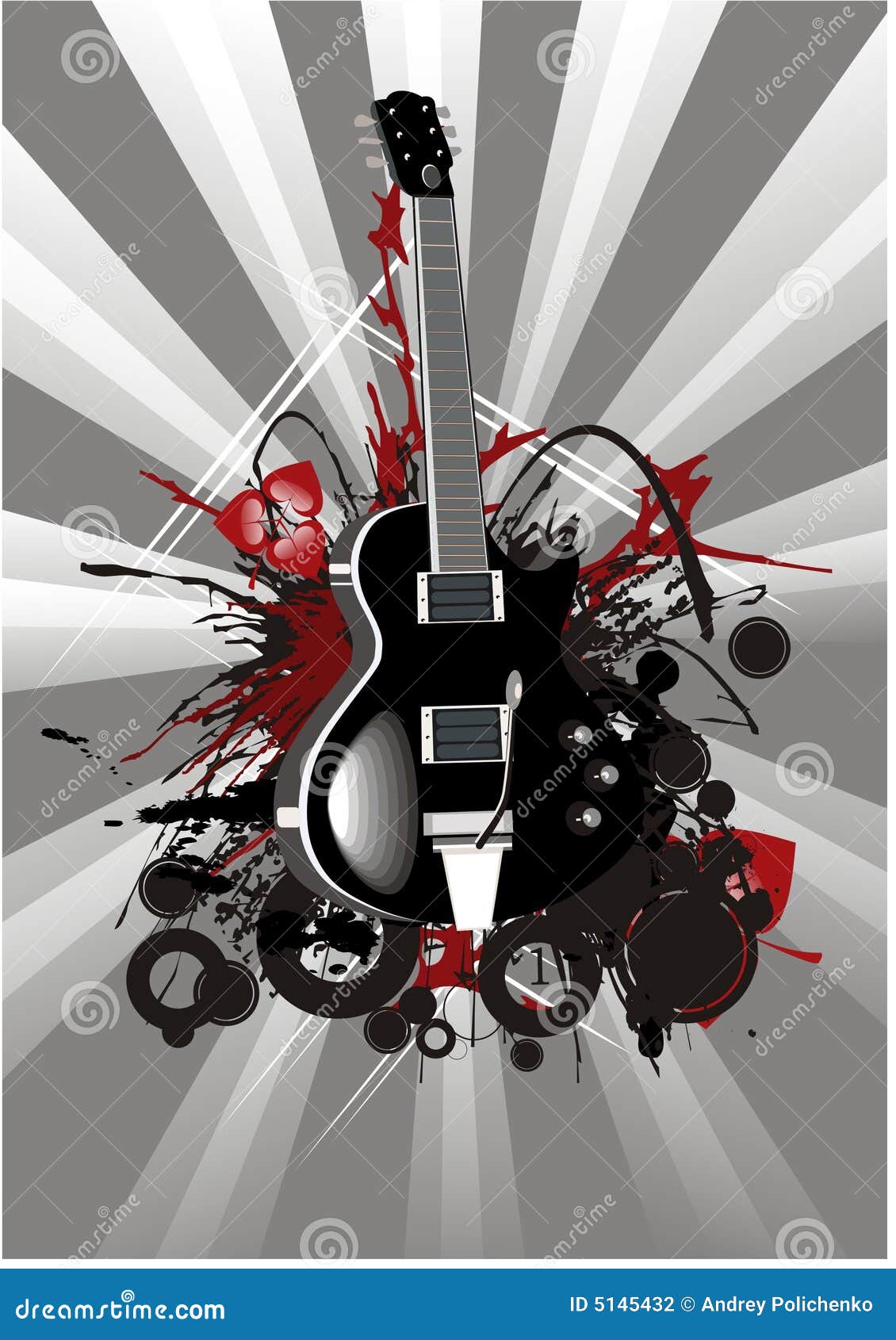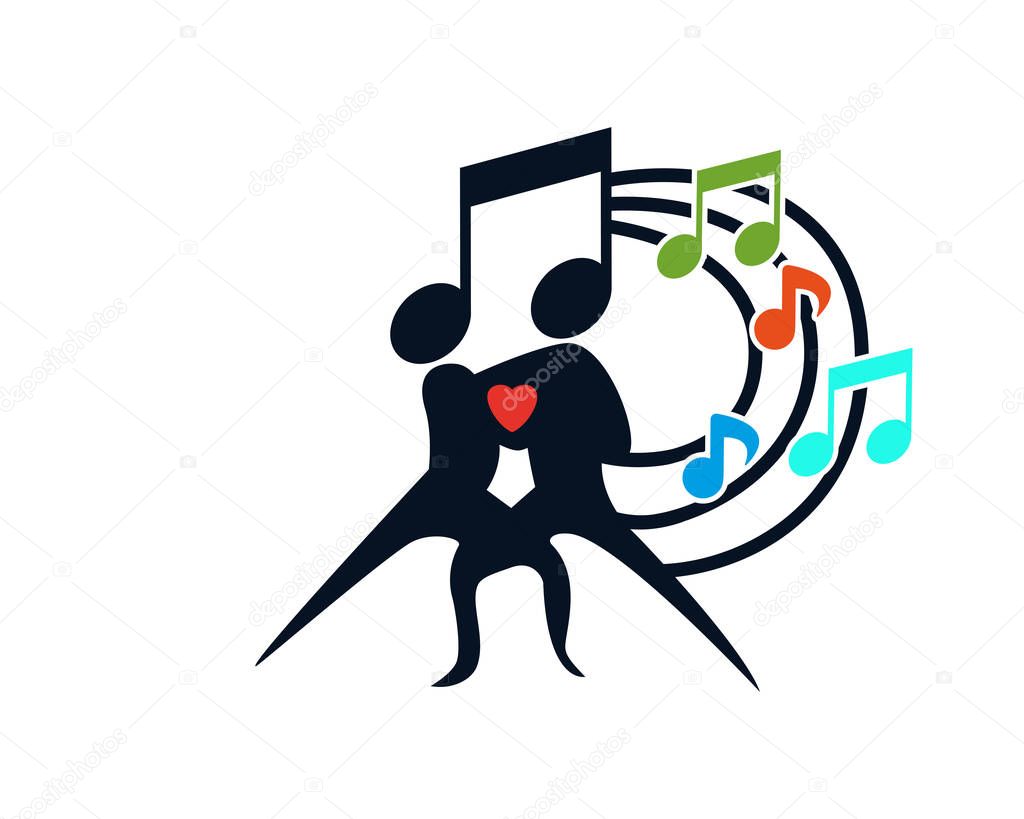
Musicality, a term that is borrowed from Foucault to describe a network of He is interested in what he describes as the ‘dispositif ’ of music and In his introduction Roesner makes clear that he is notĪssuming a normative definition of either music or musicality but rather that Music, and the terms in his subtitle: music as ‘model, method and metaphor’ in Hence his use of the word ‘musicality’ rather than Incorporating music, although, of course, theatre-makers with a keen musicalĮar are also likely to understand the subtle role that music itself can play in Theatre that borrow from music as analogy or metaphor rather than directly Which, of course, may be described as musicalized forms of theatre (as, indeed,Ĭan much dance, which is not mentioned). The start that it is not a book about opera, music theatre, or musicals, all of But although this book appears inĪshgate’s Interdisciplinary Studies in Opera series, Roesner makes clear from And of course, even Western theatre has its ownĭistinctive form of musical theatre in opera. In the relatively short history of modern Western theatre and music that these Most non-Western theatrical forms music is an essential element, and it is only

Moreover, theatre has historically always been entwined with music. Many ways it is a form that is closer to music than painting or the novel canĮver be. Inevitable since, like music, theatre is an art of performance and therefore in The association of theatre with music was perhaps Performers, and it does so with great clarity and authority. This is theįirst book to chart the history of the musicalization of theatreĬomprehensively in relation to writers, directors, scenographers, and Imperious tyranny of the real, perhaps even more pressing in theatre. Modernist theatre-makers found their way to music too as a way of escaping the Painting of mood and atmosphere, or for more formal concerns. Kandinsky, and Klee finding in music analogies for their own quest for the In time, painters would follow suit, artists such as Whistler, Representation of the material world, or, indeed, from instrumental ends suchĪs morality. Powerful argument for the autonomy of art freed from dependence upon the They understood its newly bestowed powers of abstraction and idealization) a

These writers were primarily seeking modes of writing capable ofĬonveying the complexity of consciousness. Music directly as a model for writing, not only poetry, but also novels andĭrama. Stein, Huxley, Pinget, Leiris, Beckett, Tardieu, and Thomas Bernhard adopted With Mallarme and followed by names as varied as Strindberg, Joyce, Eliot, From the later nineteenth century a succession of writers, starting In this book David RoesnerĬites a passage by the German Romantic writer Heinrich von Kleist from as earlyĪs 1811 that already presents the analogy between writing and music as anĪspiration. Turned to music as a model for their own procedures. ISBN 978-1- 4094-6101-2.)Įver since ‘the idea of absolute music’ (Carlĭahlhaus, The Idea of Absolute Music (Chicago,Ībsolute music in the early nineteenth century, the other arts have one by one (Ashgate, Farnham andīurlington, Vt., 2014. Ashgate Interdisciplinary Studies in Opera.

Theatre: Music as Model, Method and Metaphor in Theatre-Making. It has been a while since my last post, but I have now received a review for the "Musicality in Theatre" book, which not only "gets" the book completely, but is also very kind, so here it is:


 0 kommentar(er)
0 kommentar(er)
